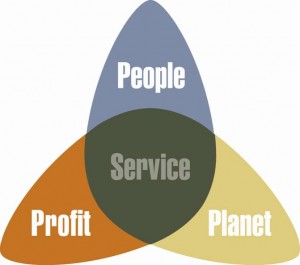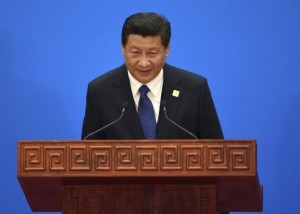The United Nations may give those in need a fish, but social enterprises teach these people how to fish for themselves. Because the United Nations’ time and resources are limited, they are allocated to the place in the world that needs the most support, leaving those in less need without any more aid. In contrast, social enterprises give people the ability to help themselves, so that when they do move on, they leave behind a community that is capable of surviving.
Secondly, although the U.N is good at researching, it is impossible for them to identify every problem. They depend on the local social enterprises to uncover the needs of their people and fulfil them in accordance to the local culture and economic status.
Thirdly, the World Bank deals with loans, while the FAO and WFP are responsible for distributing food. However, in some nations, corruption results in government officials reducing the amount of money that actually goes to the poor, while the United Nations itself will also use some money for their administrative costs. Conversely, social enterprises can sustain themselves by expanding and identifying their value proposition and customer segments, and ultimately better serve those who are in need.





